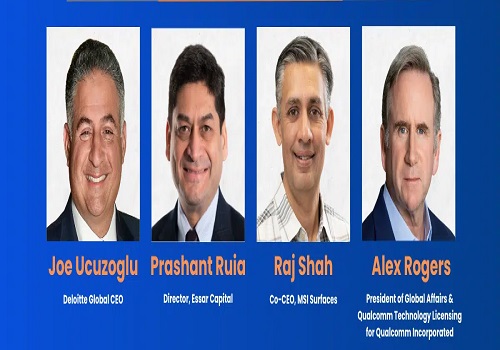India to oppose extended e-commerce tariff ban at WTO meet

India will oppose U.S. and European efforts to extend a global ban on cross-border e-commerce duties at the World Trade Organization meeting next week, two government officials said on Tuesday, fearing a continued huge loss of revenue.
New Delhi, South Africa and Indonesia want to allow developing nations to tax cross-border electronic transmissions and India will push the case at the WTO's Ministerial Conference in Abu Dhabi starting on Monday, the officials said.
New Delhi has said that physical goods like books and videos, once governed by traditional tariff rules, were now available as digital services and should be subject to duties.
"Before asking for the extension of a moratorium, these issues need to be discussed and settled," one of the officials said.
WTO members reached a deal in 2022 to extend the moratorium on e-commerce duties. Backed by major players like the United States, Britain and the European Union, they have argued that letting it expire would threaten a global e-commerce recovery.
"At present there is no consensus on the scope of what this moratorium is... and we will oppose the extension of the moratorium," one of the officials told reporters.
The officials declined to be identified according to government policy on discussions at international forums.
The commerce ministry, which is leading India's negotiations at the WTO, declined to comment.
Developing countries lost about $10 billion in customs duties income on the import of e-commerce products from developed countries in 2017, including a nearly $500 million loss for India, according to WTO estimates.
India says with a rise in imports of electronic transmissions, including of movies, digital books and video games, the potential revenue loss has gone up substantially since then.
"There is no change in India's position," said one of the officials, adding India had moved three proposals - a strengthening of consumers rights and digital public infrastructure and promotion of competition in e-commerce.
























